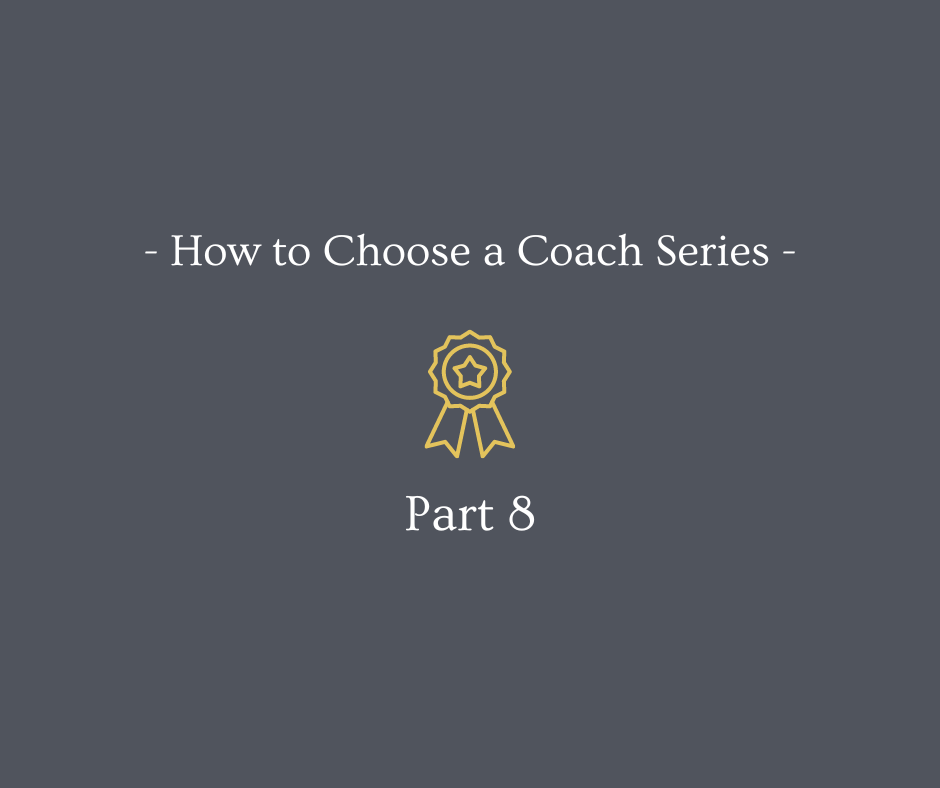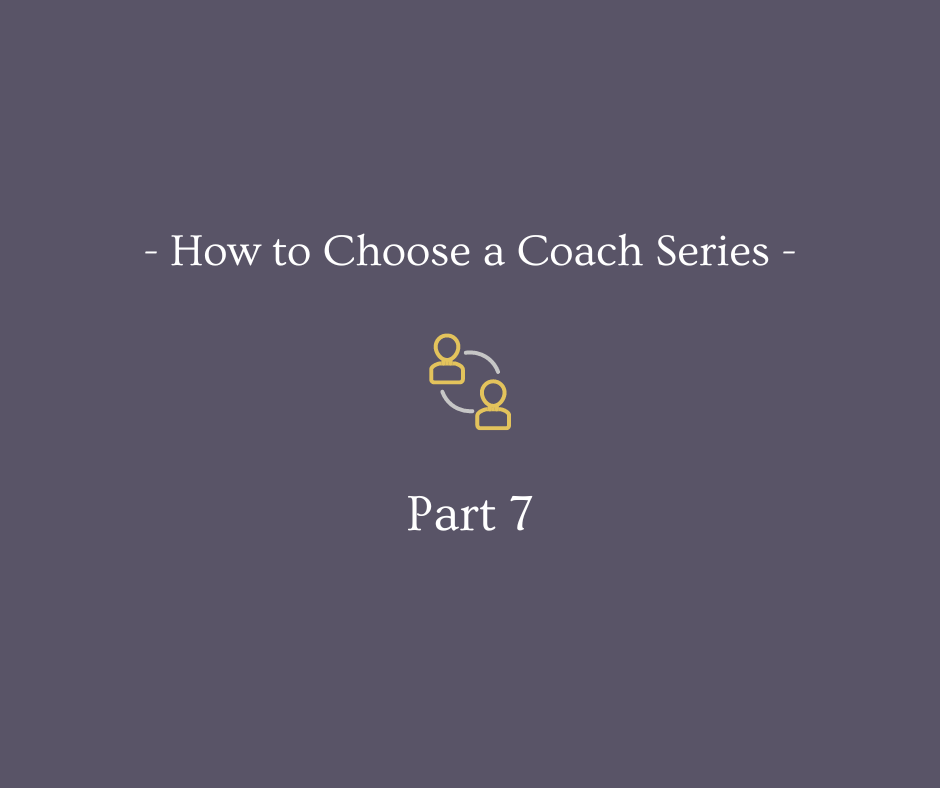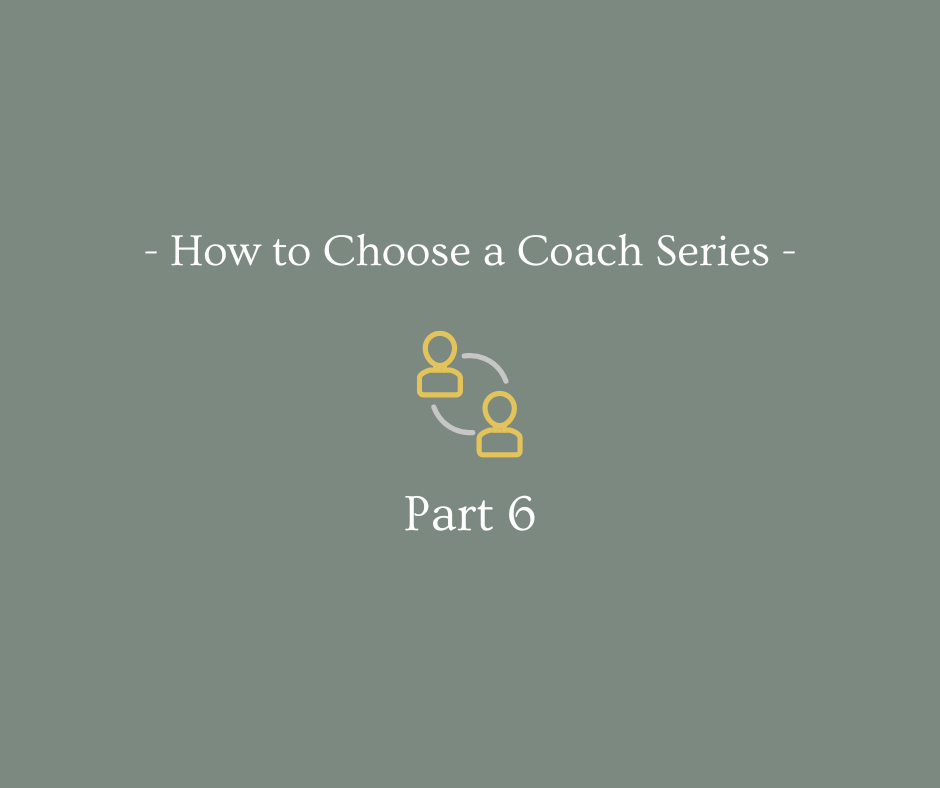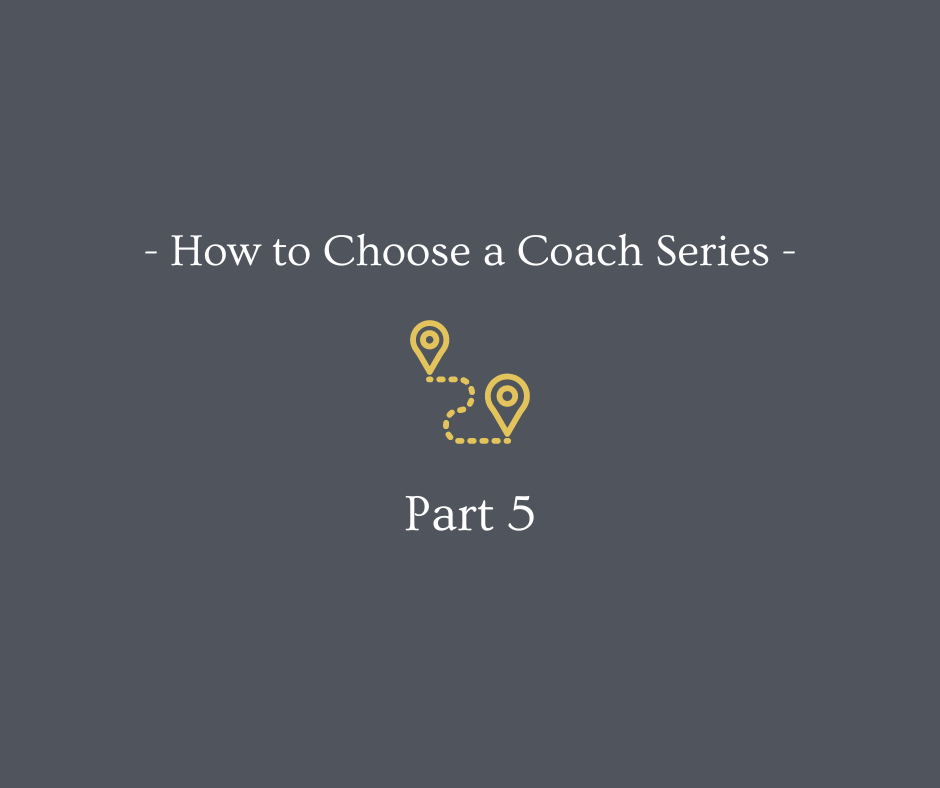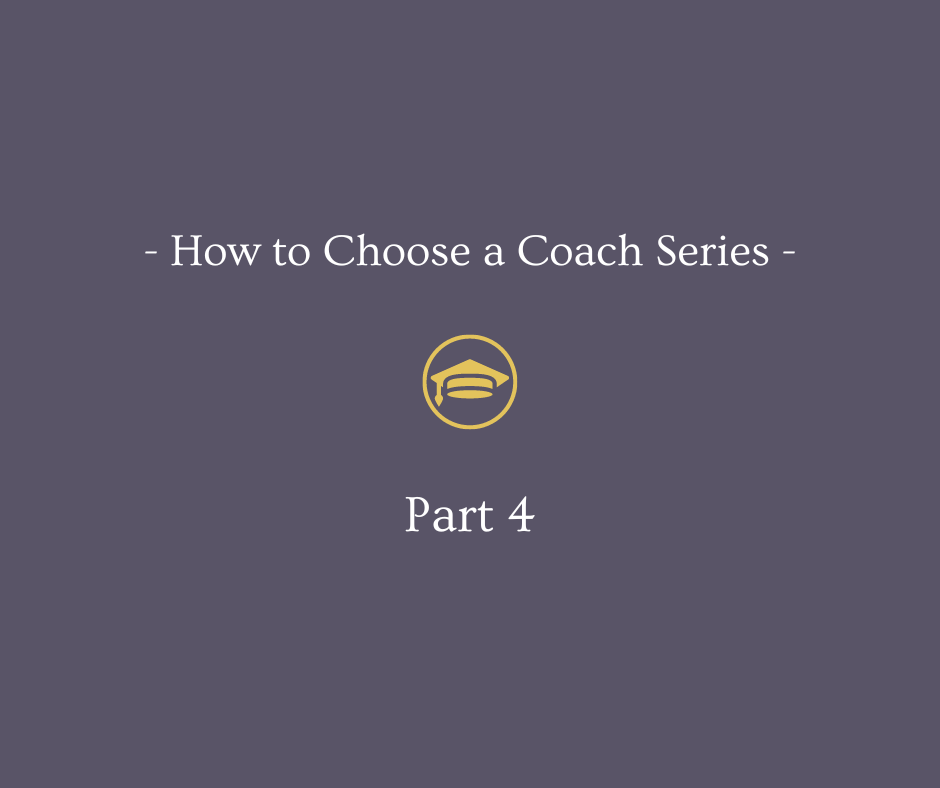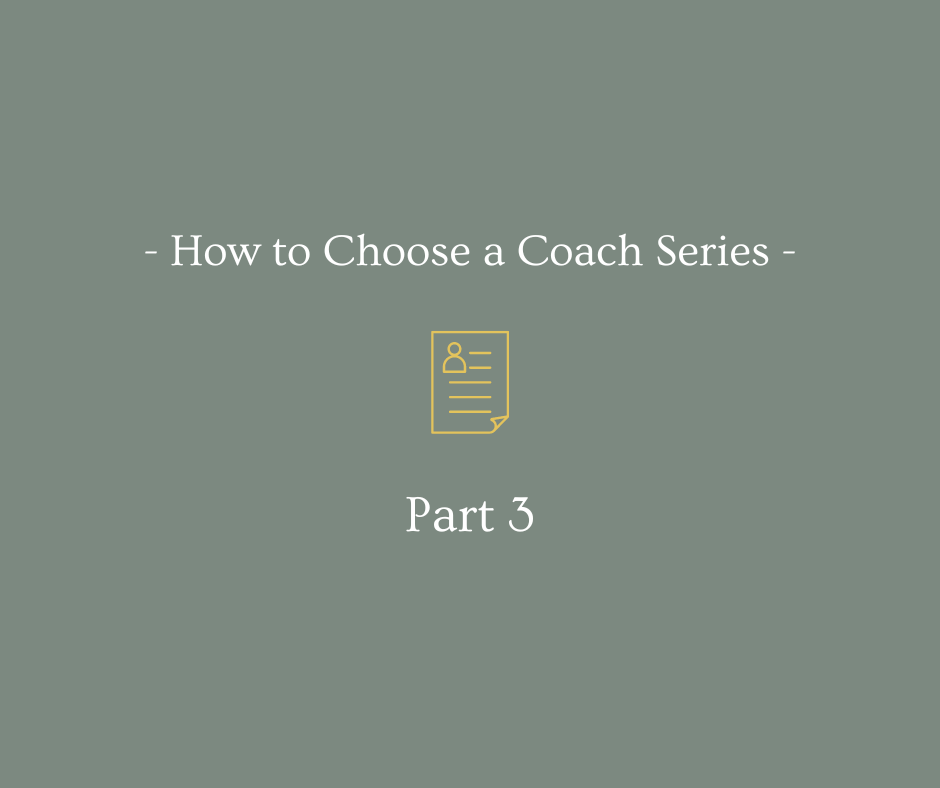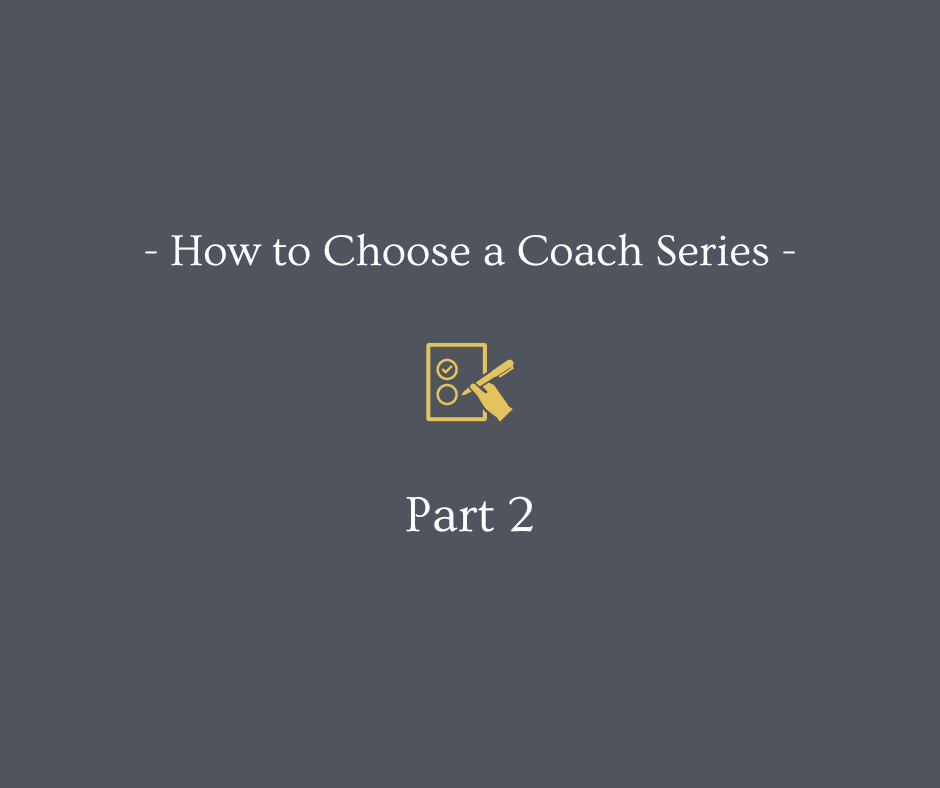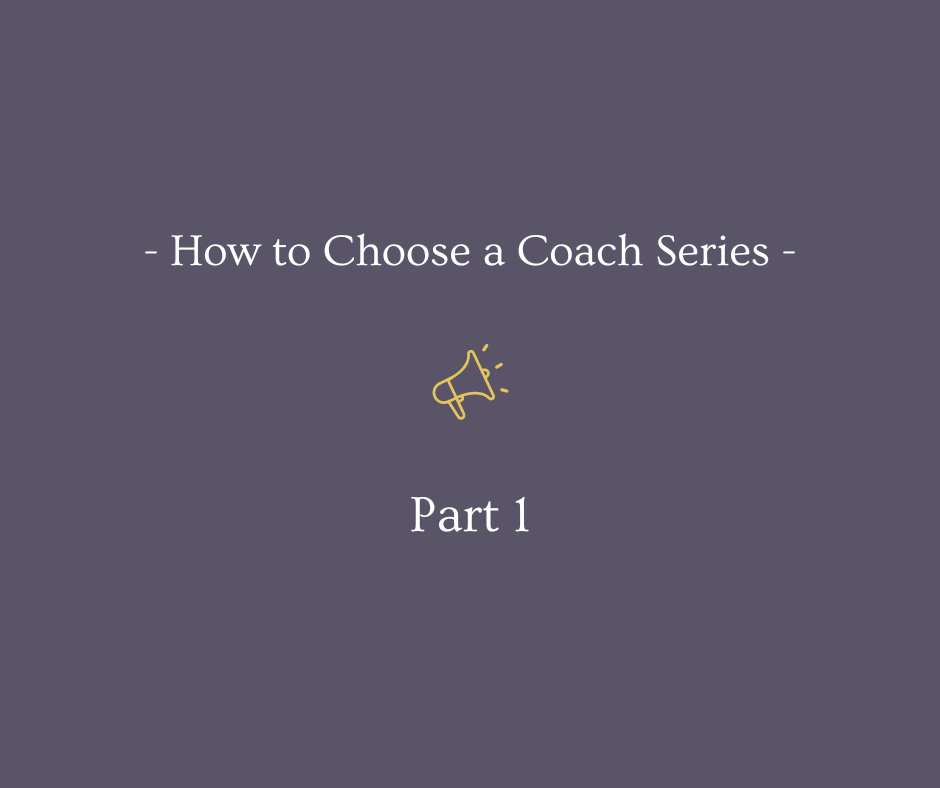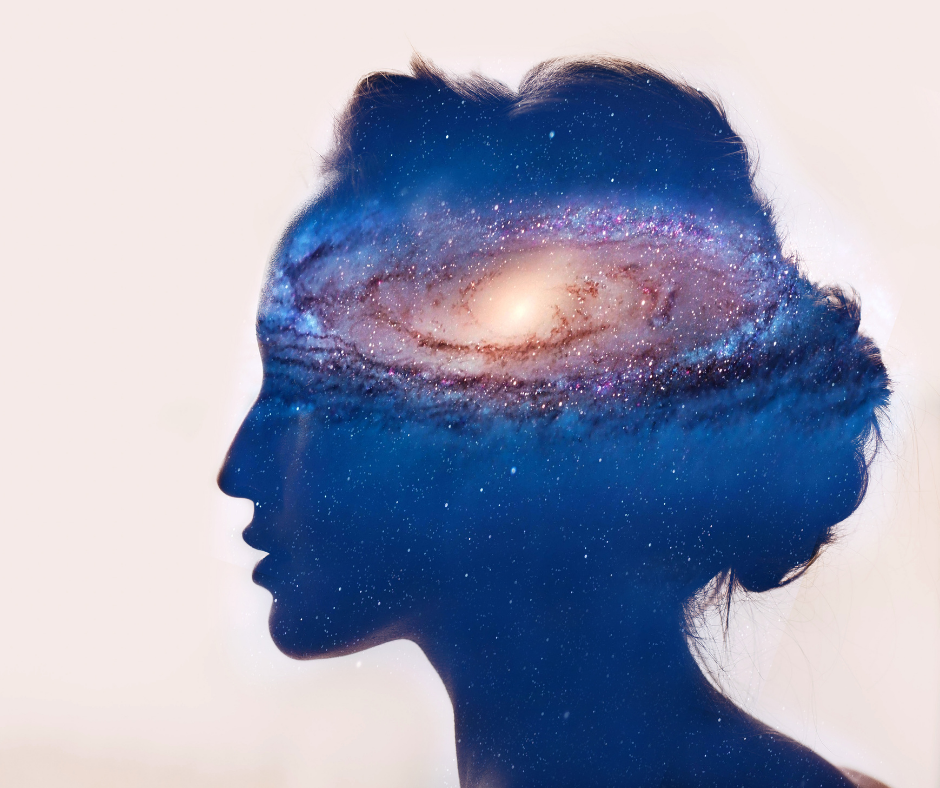Coaching
Leadership Tips
If you follow me on social media, you’ll be familiar with my series, “Leadership Tips”, where I give some of the juiciest wisdom I’ve learned from top coaching professionals. I’ve included some of these gems below.
Read MoreCoaching Outcomes
The desire for growth and change can come from within, or because of feedback received. We may desire changes critical to our way of being as a leader, and as a person. Changes we can’t make on our own. Most of us are unable to get a clear view of our blind spots, well-worn patterns and habits that may have served us in the past but hinder us now. Or perhaps we simply feel stuck and unsatisfied with our work and lives. Coaching can help us create small cracks in old habits and allow new learning, which can lead to change.
Sustainable coaching outcomes start with building self-awareness and understanding what we want to change – and why.
Read MoreThe Client Framework of the Signature Coaching Program
This holistic framework is based on my experience working with people on their personal and professional growth journey, and provides context, structure and flexibility for the process. This framework is here to help guide your journey, as you take the lead for the focus, depth, and breadth of effort you choose to apply.
Read MoreThe Coach’s Approach – Part 2: Logistical Components
Take time to understand the coach’s approach to the structure of the engagement. There is no right way to structure it. Most experienced coaches try several approaches and then settle into one that works best for them and their clients.
What is the process to purchase and activate the coaching services? A few things to know…
Read MoreThe Coach’s Approach – Part 1: Philosophy & Personal Style Components
Let’s now explore the Coach’s Approach. We’ll first explore the Philosophical and Personal Style components, and the next post will focus on the Logistical components of the coach’s approach.
Read MoreEducation and Credentials
Why is formal coach education necessary? Coaching is about supporting intentional growth and change in people. Science informs good coach education – behavioral science, neuroscience, change management, psychology. Good coach education packages this science into useable knowledge, adoptable practices, and tools for the coach. This provides the coach with more choices on how to work with a client. Without formal coach education, coaching may not be as effective and sustainable.
Read MoreWhy does background matter?
Your potential coach doesn’t need to have your exact background, in fact, it can be better if they don’t.
Why?
Because it may cause the coach to rely on their specific expertise instead of the coaching process itself.
Read MoreDecision Criteria
Choosing a coach can feel intimidating. What decision criteria should you use? We seek out decision criteria for doctors, therapists, financial advisors, lawyers….why not for coaches? Here are a few important questions you should ask yourself as you assess potential coaches.
Read MoreListen to that Voice!
How do we manage that internal voice that tells us we need some change? We know that voice; it’s like a burning ember that doesn’t go away. I know that voice; it persuaded me to make significant changes in my life and career to become a certified leadership coach. Coaching can be the vehicle to guide that voice towards a more satisfying life.
Read MoreReady to make a change? Here’s how to make it stick
Mental fitness is our capacity to respond to life’s challenges with positive rather than negative mindsets. It is a choice.
Read More

